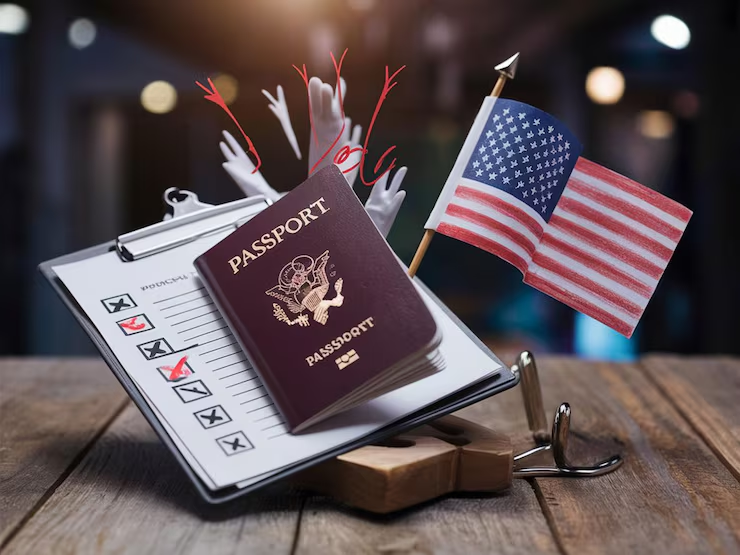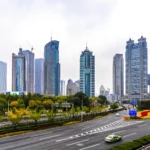October 9, 2025 | Dubai, UAE: The rate of US B1/B2 visa rejection for UAE residents has seen a noticeable increase in recent months, as U.S. authorities tighten travel screening and documentation verification. While the United States remains one of the top destinations for Emiratis and expatriates living in the UAE, recent data and applicant experiences suggest a more cautious approach from consular officers, particularly for short-term business and tourism visas.
Rising Rejection Trends
Travel agencies and visa consultants across Dubai and Abu Dhabi have reported higher instances of US B1/B2 visa rejection for UAE residents, especially among applicants applying for the first time. The B1/B2 visa, which allows for short-term business meetings and tourism, is one of the most commonly requested U.S. entry permits.
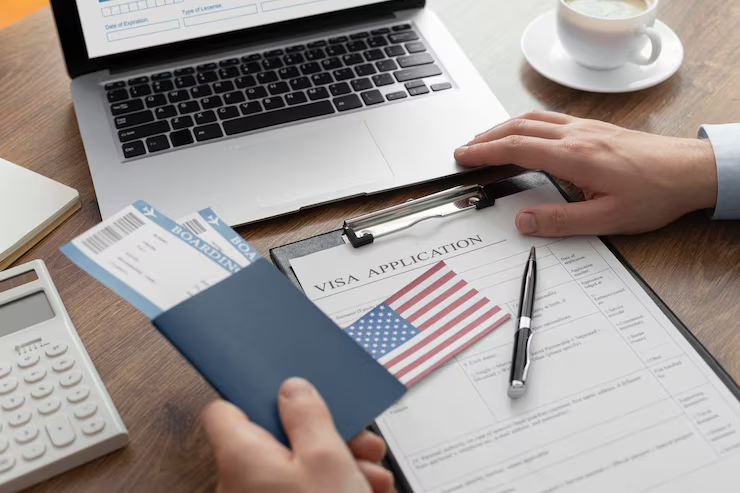
According to recent figures, applicants citing insufficient financial proof, vague travel itineraries, or weak ties to the UAE have faced increased scrutiny. Officials emphasize that each application is reviewed individually, but the overall approval rate has dipped compared to previous years.
Common Reasons Behind the Rejections
Experts highlight several recurring reasons behind the rising number of US B1/B2 visa rejection for UAE residents:
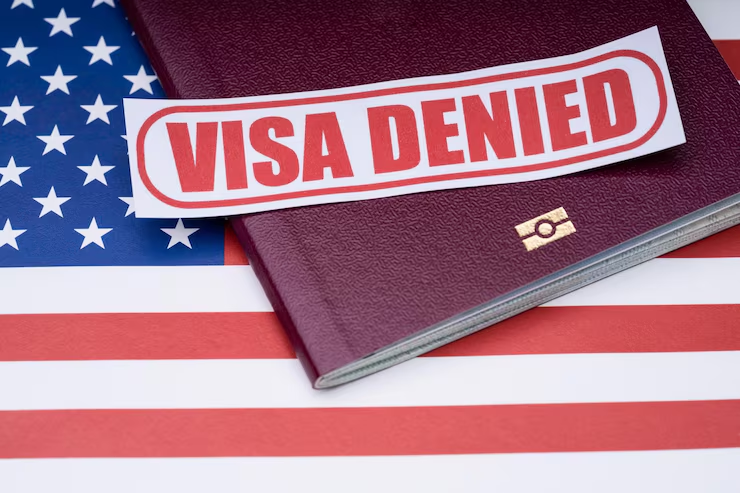
- Insufficient proof of return – Applicants unable to demonstrate strong family, job, or financial ties to the UAE often face rejections.
- Incomplete travel plans – Vague itineraries or unclear purposes for visiting the U.S. raise doubts during interviews.
- Financial inconsistencies – Mismatched bank statements or unverified sponsorships may lead to suspicion.
- Previous travel history – Lack of prior international travel or overstays in other countries can impact approval chances.
The U.S. Consulate General in Dubai continues to stress that honesty and preparation are key. Applicants must present transparent details and avoid submitting falsified documents.
Human Impact and Emotional Toll
For many residents, the US B1/B2 visa rejection for UAE residents carries more than logistical challenges, it’s emotionally draining. Families planning holidays, students attending graduations, and entrepreneurs seeking conferences often see their plans disrupted.
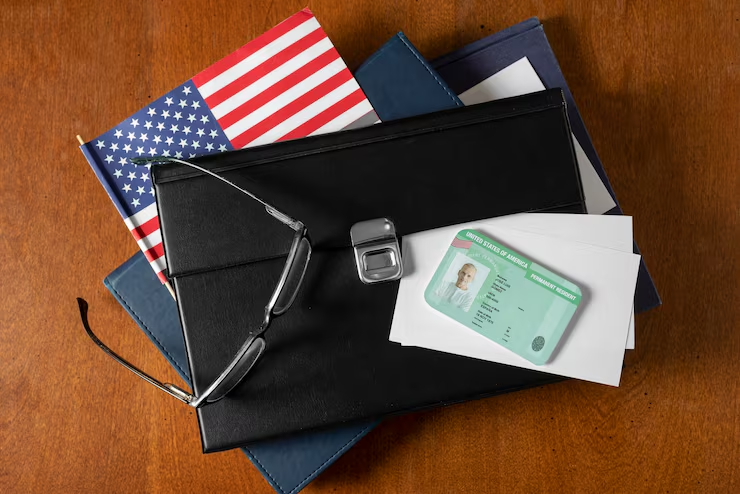
A Sharjah-based applicant shared, “I had all my documents ready for a family trip, but my visa was refused after a two-minute interview. It felt discouraging, especially when you’ve prepared for months.”
Many first-time applicants feel overwhelmed by the interview process. Consultants advise that calm, honest answers matter more than rehearsed responses. While rejections can be disheartening, applicants are encouraged to reapply after addressing the specific reasons listed in their refusal letter.
Expert Advice on Strengthening Applications
Visa advisors say that preparation is crucial to avoid US B1/B2 visa rejection for UAE residents. Here are key tips they recommend:
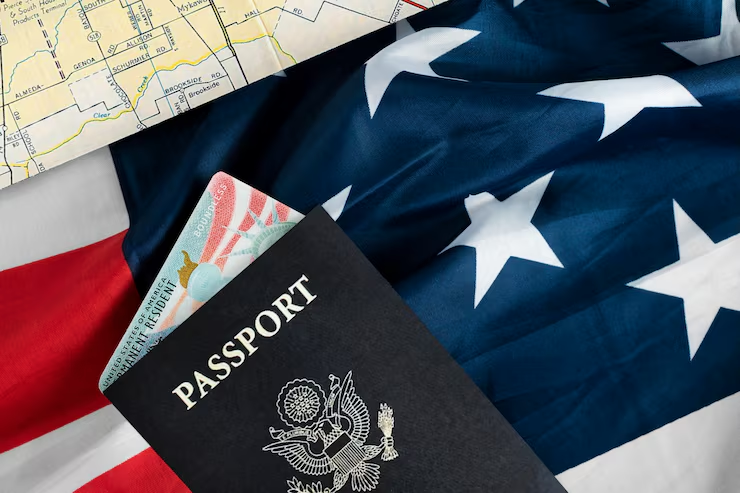
- Provide strong local ties: Employment letters, property ownership, or dependent family members strengthen an applicant’s case.
- Submit clear itineraries: Details of flights, hotel bookings, and business appointments demonstrate credibility.
- Be transparent during interviews: Avoid exaggerating financial status or providing misleading answers.
- Keep documents updated: Expired passports, outdated financial statements, or inconsistent employment information can trigger refusals.
By following these steps, residents can improve their chances and reduce the likelihood of facing another US B1/B2 visa rejection for UAE residents.
The Broader Context
The recent rise in US B1/B2 visa rejection for UAE residents reflects a global trend of tighter border controls and cautious screening by U.S. authorities. Similar patterns have been reported in neighboring Gulf countries as well. Officials say these measures are part of broader efforts to maintain security and prevent visa misuse.
Despite the challenges, the U.S. Embassy continues to process thousands of applications each month. Many successful applicants report smooth approvals when documents and interviews meet all requirements.
Also Read: Abu Dhabi Urban Development: Paving the Way for Car-Free Connectivity


